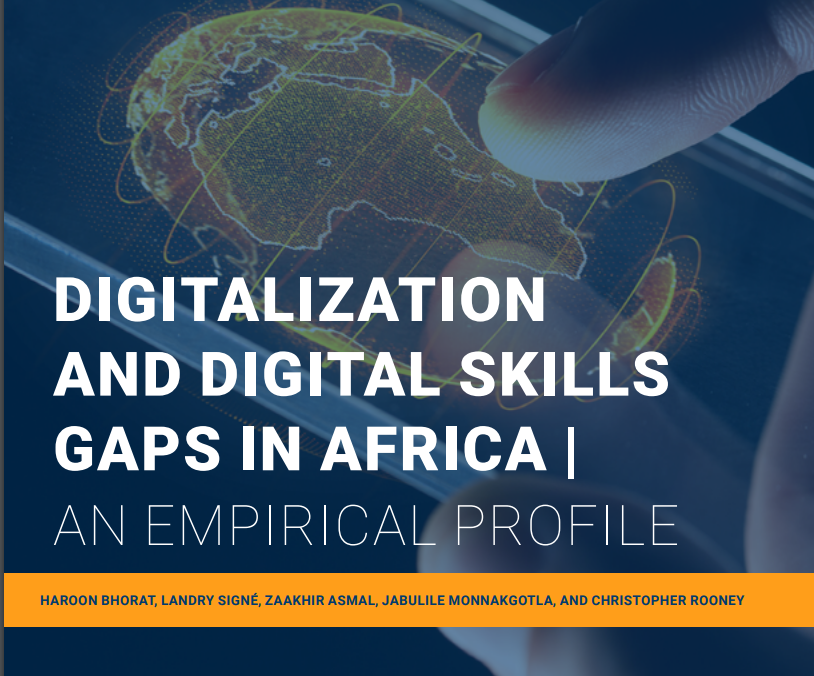
Digitalization and Digital Skills Gaps in Africa: An Empirical Profile
Digitalization, which came as a result of the revolution in the field of microelectronics, information and communication technologies (ICT), had a massive impact on all sectors of the economy.
Artificial intelligence (AI), Internet of Things, big data, blockchain, 5G, 3D printing, robotics, drones, gene editing, nanotechnology and photovoltaic solar energy – advanced technologies have changed the structure of the labor market on both the supply and demand sides. Most of the scientific research is devoted to the impact of digitalization on developed countries. A new working paper from the Brookings Institution assesses the dynamics of digitalization and the state of digital literacy in the African region.
According to the authors, Africa is the “youngest” continent in the world, by 2030 the population of Africa will make up one fifth of the entire labor force, and the annual increase in the working-age population will be from 10 to 12 million people. Due to the growth in the number of mobile subscribers, the availability of the Internet and mobile banking in the region, digitalization will play a key role in the development of the labor market and the economy as a whole.
The results of the study show that many African economies are lagging behind in digital development. Due to significant gaps in infrastructure, technology and skills, the risks of widening the digital divide are increasing. Experts recommend paying attention to three areas: improving access to digital infrastructure, developing digital skills, and promoting digital financial services.



